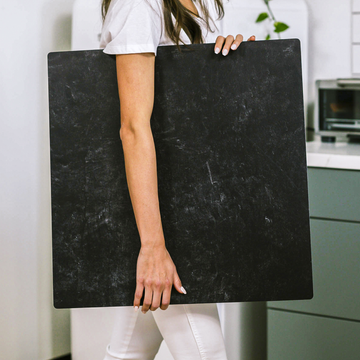Let's talk about the most overlooked tool in your photography kit. No, it's not that fancy new lens or expensive lighting setup-it's the humble photoshoot surface beneath your products. Most photographers treat it as an afterthought, but what if I told you this simple element could transform your entire workflow?
Why Your Surface Matters More Than You Think
That backdrop you casually toss your product onto? It's secretly doing half the work for you. Here's what most photographers miss:
- Light manipulation: Matte surfaces absorb light while glossy ones bounce it back
- Built-in texture: Real grain and imperfections beat digital overlays every time
- Psychological impact: Your surface choice influences how viewers perceive value
The Multi-Angle Game Changer
Remember the last time you wasted 20 minutes rearranging your setup for different shots? With the right surface, you could be capturing:
- Flat lays for Instagram
- 45-degree angles for your online store
- Overhead shots for Pinterest
...all without moving your product an inch. That's the power of strategic surface design.
Texture: Your Secret Lighting Assistant
Before you reach for another diffuser, try this:
- Use rough wood to naturally soften shadows
- Try marble for elegant highlight reflections
- Experiment with concrete for modern, moody vibes
Each texture interacts with light differently-and the right choice can eliminate hours of post-processing.
Where Surface Tech Is Heading
The future isn't about static backdrops. Imagine surfaces that:
- Change textures with a tap on your phone
- Include built-in lighting elements
- Offer magnetic modular components
This isn't science fiction-it's the next evolution of product photography tools.
Your Challenge This Week
Take one product and shoot it on three different surfaces. Notice how:
- The lighting changes
- The mood shifts
- Your editing needs decrease
Then come back and tell us-which surface surprised you the most? The results might just change how you shoot forever.
Remember: Great photographers don't just use surfaces-they collaborate with them.



